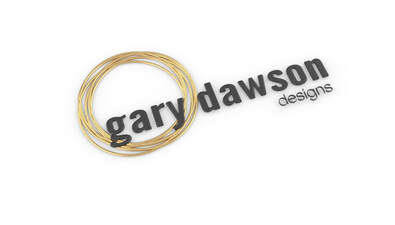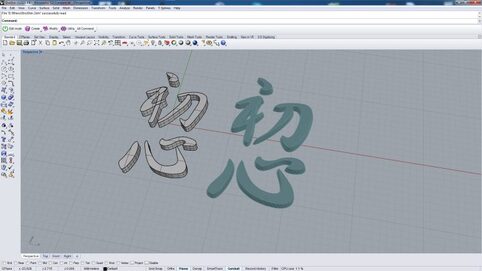|
Have you ever tried to broach a topic with someone in which they considered themselves “expert”? Probably. And you may have experienced some frustration in that conversation…am I right? And how about the frustration that you sometimes experience with yourself when you try to learn something new, especially if it is not entirely new, but is an extension of something you already know. Is there any connection between these two experiences? Maybe. That thread of connection may lead us into a discussion of the Beginner’s Mind. In Zen Buddhism, Shoshin is described simply as “The Beginner’s Mind”. Watch any 2 year old and you will see pure Beginner’s Mind in action. At that stage of life, utilizing a beginner’s mind comes pretty easy because that’s nearly all one has to experience the world…no deep experience in anything! The toddler’s approach to learning is not much imposed upon by prior experience. Conversely, later in life, when we have deep experience in something, anything really, we tend to bring expectations of mastery, and a set of paradigms that can constrict our further learning. I know I have experienced this, in fact I am experiencing it now in my attempt to learn a new CAD application and it’s making me a little crazy. So maybe I’m writing this mostly for my own benefit but I think that we can all gain something if we remember to apply a little Shoshin within our routines. An attitude of openness, eagerness, and a lack of preconceptions can bring a new level of experience when we remember to use it. One area of immediate benefit might be in how we approach new (and old) acquaintances. I think I’m pretty good at this because I began working on my own version of presumption quite early in my life thanks to my folks. My Mom was from a large Southern family that mostly seemed to retain throughout their lives a horribly racist attitude. Lucky for me, owing to the way I was brought up, I was quite confused when I encountered this in my aunts and uncles. Neither my Mom nor my Dad ever spoke of anyone in terms of race. And later, in an anthropology class, (my degree) I discovered that there are really only two types of people in the whole world, sitters and squatters. And if arguing about toilet habits is your thing, maybe you are beyond the help of anything I can write! But if you would like to learn more in your life, and experience more of life to the fullest, try a few simple things to start accessing your beginner’s mind. If you walk on a regular basis, as I do, try begin your next walk by taking a moment to clear your mind any previous memory of your route. Then, use all of your senses as you proceed…What does it sound like and smell like and “feel” like at any point in your route? Is there a place where the wind is stronger, or the air is quieter? And then take this to the next level. If you are an “expert” at anything, the next time someone tries to talk to you about that topic, try to forget everything you know about it and approach the topic from a place of openness and eagerness with no preconceptions about the topic or where the conversation will go. Try listening more than talking! This may not work all the time, and every occasion may not be the best time to try this so you get to choose when to utilize your beginner’s mind. I find that bringing this attitude into my design studio is particularly helpful. When I take a moment each day, or each week or even each month and try to design something with NO preconceptions, and with an open and eager mind, I am often surprised at the delightfulness of what I discover within myself. Try it and you’ll be saying, “Where the heck did that come from?” as you smile at what you’ve accomplished. Remember this: The difference between a master and beginner is that the master has failed more times than the beginner has yet tried. Since everything is always in flux, life and it’s circumstances always changing, allowing oneself the opportunity to be a beginner can be an obvious asset. Living life to the fullest, learning as much as possible and being flexible and unique in a design practice can at times be more rewarding than knowing it all.
0 Comments
Leave a Reply. |
Author
|



 RSS Feed
RSS Feed